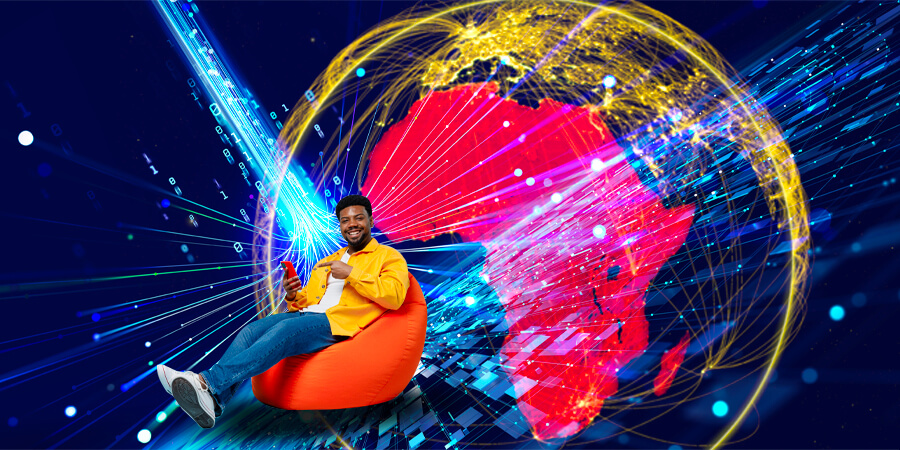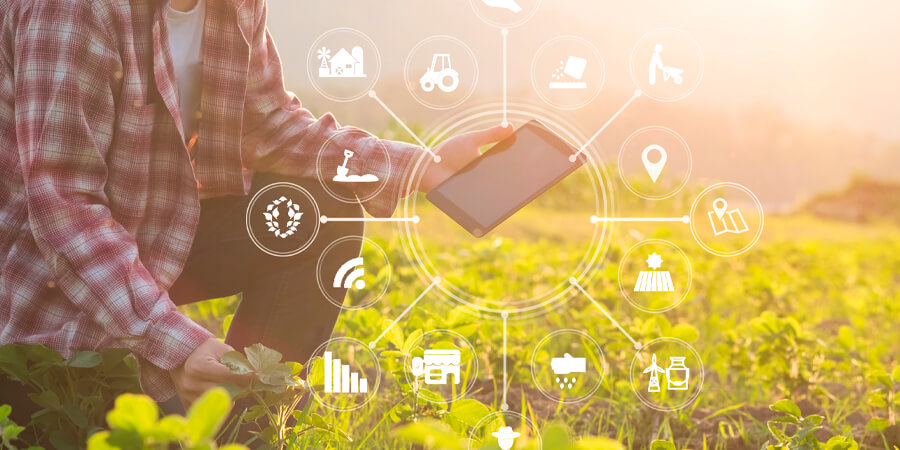In recent years, digital technologies have revolutionized the way people connect, communicate and conduct business around the world. This digital transformation has not only impacted developed economies but also presents immense opportunities for emerging markets, particularly in Africa. With its vast population and growing internet penetration, Africa has the potential to leverage e-commerce as a powerful tool for economic growth and entrepreneurship.
Features
Stay Sharp: As Printed Photos Trick Our Phones, It’s Time to Rethink Security
Have you recently upgraded your phone? Happy and motivated for its new features? Don’t get too excited just yet, especially when it comes to facial recognition. Though it’s true that facial recognition is widely considered one of the more secure ways of locking your phone and is indeed very hard to dupe, its safety isn't guaranteed across all devices. But for some other systems, this will not be the case. Some smartphones from certain manufacturers have proven susceptible to unauthorized access.
Africa's Telecom Transformation: Can Wholesale and Capacity Businesses Make the Difference?
The telecommunications landscape in Africa has witnessed remarkable growth in recent years, driven by increasing connectivity demands and technological advancements. Behind the scenes, wholesale and capacity businesses have emerged as crucial components of Africa's telecommunications ecosystem. Wholesale and capacity businesses in Africa's telecommunications sector have been instrumental in driving transformative change and closing the perception gap that has long hindered the continent's growth. These businesses have emerged as catalysts for connectivity, innovation and economic empowerment, debunking outdated stereotypes and shaping a new narrative for Africa's telecommunications landscape.
Computing on the Edge: How Quantum is Shaping the Future
These days, quantum computing is occupying a huge space in technology discussions and research, due in large part to the ambiguity of many related concepts. This article will provide clarity on the definition, current performance and future perception regarding this topic.
The Brain Knowledge Platform: Mapping the Road Ahead
Decades ago, neuroscientists embarked on the challenging task of treating brain illnesses like Alzheimer’s and Parkinson’s. However, progress has been slow due to the brain's complex nature and limited accessibility for study.
Pioneering AI Progress: Bridging Africa's Skills Gap for Digital Transformation
In the midst of the Fourth Industrial Revolution (4IR), which is driven by Artificial Intelligence (AI), Africa is increasingly being recognized for its pivotal role. The continent's unique challenges and untapped potential, however, highlight the need to bridge the AI skills gap and establish an inclusive and sustainable digital ecosystem.
Google Maps, AR and Our Journey Into the Future
With the rapid evolution of technology, companies and stakeholders are racing to immerse customers in this new world. Google, the most popular search engine, is actively participating in this experience. The company is launching its own Augmented Reality (AR) venture and preparing for an exciting customer journey.
Cybersecurity for SMEs: Safeguarding Growth and Trust
In today's interconnected world, small and medium-sized enterprises (SMEs) globally, including those in Africa, face a growing range of cyber threats that can disrupt operations, compromise sensitive data and harm their reputation. As technology advances, malicious actors continuously adapt their tactics to exploit vulnerabilities. SMEs in Africa play a vital role in the economy, contributing to job creation, innovation and overall economic growth.
AI Glasses Ready to Empower Humans with Extraordinary ‘Superpowers’
In a fascinating glimpse into the future, emerging research suggests that glasses powered by artificial intelligence may hold the key to bestowing extraordinary abilities upon humans, akin to possessing "superpowers." These groundbreaking glasses are envisioned to possess the uncanny ability to discern whether someone is being deceitful or harboring an attraction towards the wearer, among other remarkable claims.
Agriculture Makes Way for a Connected Future
Over the past 50 years, the agriculture industry has undergone a significant transformation. Farm equipment has become larger, faster and more productive because of technological advancements, allowing for the more effective cultivation of larger areas. Additionally, substantially enhanced seeding, irrigation and fertilizers have helped farmers boost harvests. Currently, agriculture is in the early stages of a new revolution that is driven by connectivity and data. Emerging technologies like artificial intelligence, analytics, networked sensors and others could boost yields even more, increase the effectiveness of water and other inputs, and foster sustainability and resilience in both agricultural production and livestock rearing.















